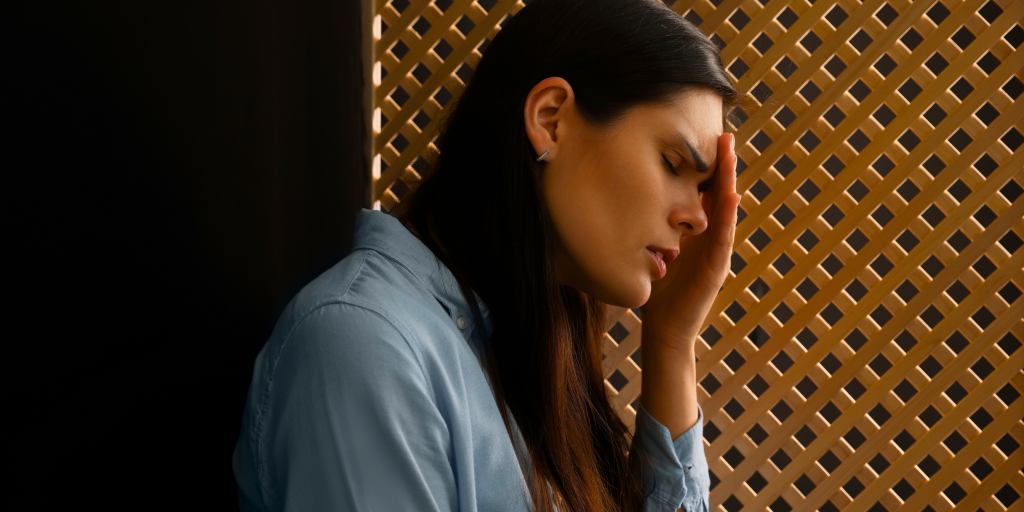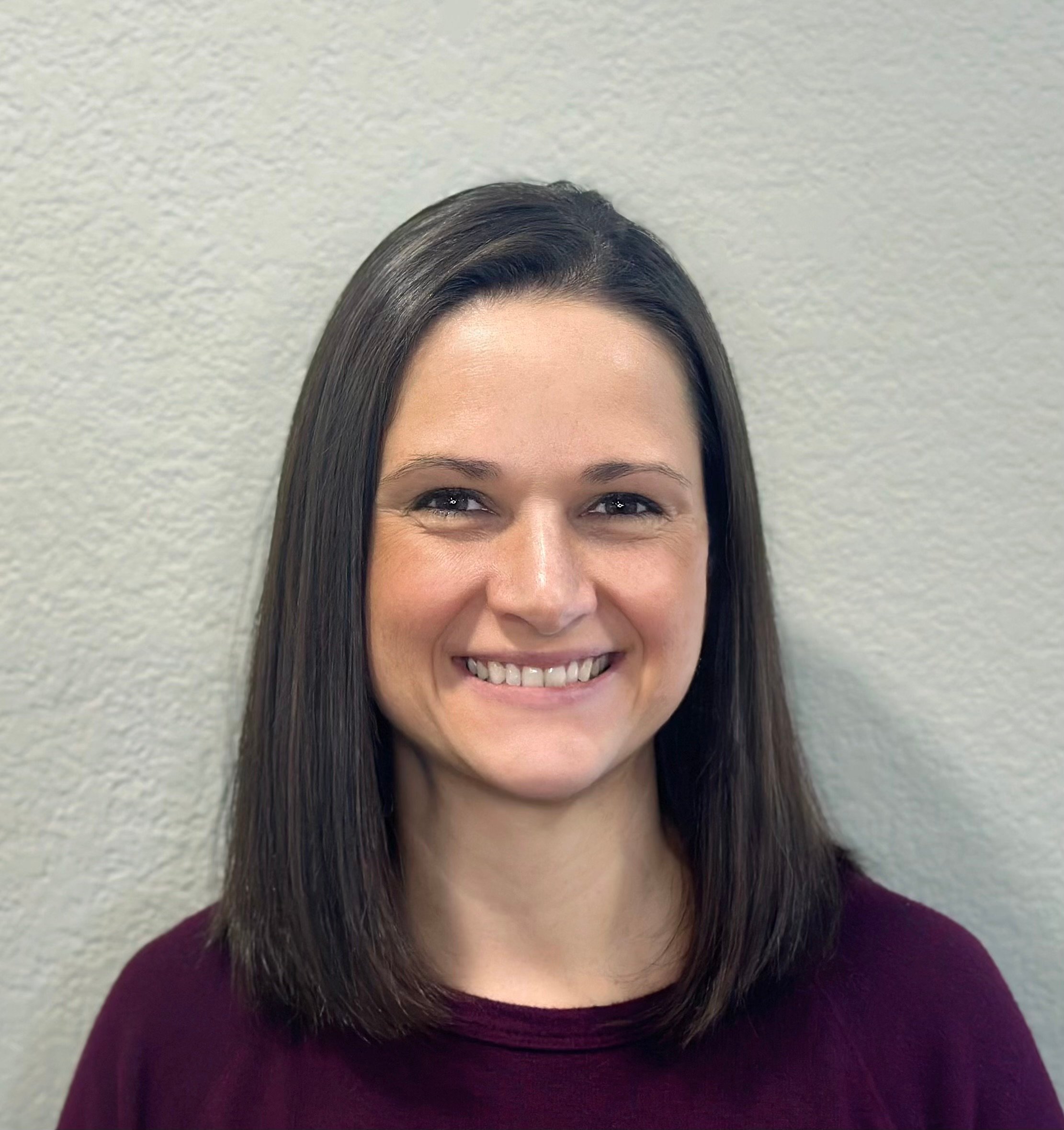
Allison Auth considers the weight of what a priest hears in confession and the gift it is to have our sins removed.
As I stepped out of the confessional with tears in my eyes, I saw the long line of penitents quietly waiting their turn. The priest who heard my confession was earnest and gentle as I verbally dumped all my sins onto him, so to speak. The weight of the mom-guilt had been crushing me with all the ways I had failed to love my husband, children, and friends. The selfishness, the lack of patience and discipline, and so on: It all culminated in the heaviness I felt as I walked into the church that afternoon. But through the power of the Sacrament, my sins were more no more and a renewed sense of desire for union with the Lord welled within my heart.
The next person went in and shut the confessional door. Our two parish priests would be there for the next hour, hearing the worst acts of humanity, one after another. I wondered if it gets tiring to hear the same awful sins again and again.

The Scapegoat
As I knelt down to say my penance, my thoughts wandered to the annual Day of Atonement in the Old Testament, where all the sins of the people were put on a scapegoat which was then sent out into the desert.
Thus shall he purge the inner sanctuary of all the Israelites’ impurities and trespasses, including all their sins. ... When he has finished purging the inner sanctuary, [Aaron] shall bring forward the live goat. Laying both hands on its head, he shall confess over it all the iniquities of the Israelites and their trespasses, including all their sins, and so put them on the goat’s head. He shall then have it led into the wilderness by an attendant. The goat will carry off all their iniquities to an isolated region. (Leviticus 16: 16, 20-22)
While it is Jesus Himself who forgives sins in the Confessional, our priests are the modern-day scapegoats. For hours each week, our priests allow their flock to lay their sins upon them, in persona Christi, through Christ who bore our sins on the cross. I have no doubt there can be a heaviness to the weight of hearing it all, bearing it all. But then priests take our sins to the “inaccessible regions,” as one translation uses. For as the Psalm says, “As far as the east is from the west, so far has he removed our sins from us.” (Psalm 103:12)
If you have ever gone to Confession face to face, you know that the priest will raise his hands near or even on your head while administering the words of absolution. While the laying-on of hands is used in many of the Sacraments as a means of giving grace, in Confession it also evokes the passage in Leviticus where Aaron lays hands on the goat’s head and puts all the sins of the people onto it. But now the sins are carried off on the words of absolution, to be no more. Absolution ends with the Sign of the Cross, the power of Christ over sin and death.

Freedom and Thanksgiving
I left the Church much lighter than when I had entered. The weight was now lifted, the sin gone, and I was free. What a generous act; what a gift of self our priests give to us!
I have given thanks for our priests every day since for the burden they carry for us, for the freedom they give to us through their ministerial priesthood. A modern-day scapegoat is not an easy job, but one we can all be grateful for by going to Confession with a prepared and contrite heart. Jesus, in His mercy, will meet us there through the words and hands of the priest.
Share your thoughts with the Catholic Mom community! You'll find the comment box below the author's bio and list of recommended articles.
Copyright 2024 Allison Auth
Images: Canva
About the Author

Allison Auth
Allison Auth lives with her woodworker husband and 5 children in the Denver area, where she homeschools her kids. She is the author of Baby and Beyond: Overcoming Those Post-Childbirth Woes (Sophia Institute Press) and contributes regularly to the Denver Catholic. She is active in her parish and homeschooling communities. Learn more about her work at AllisonAuth.com.


.png?width=1806&height=731&name=CatholicMom_hcfm_logo1_pos_871c_2728c%20(002).png)
Comments